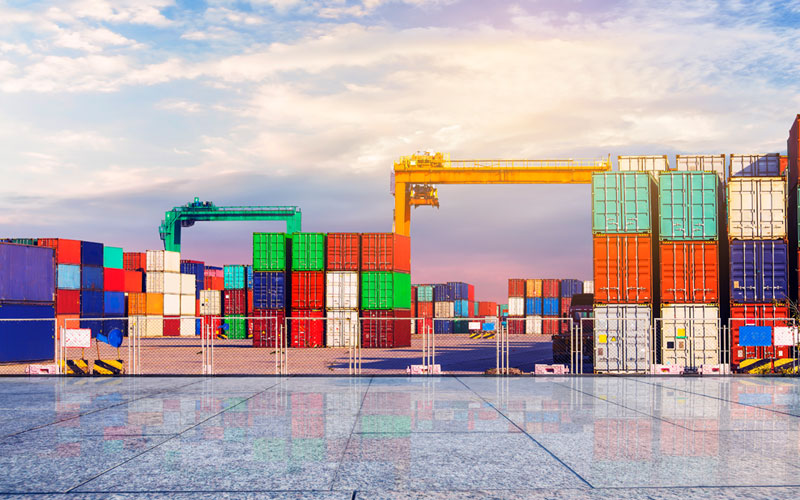The Global Trade Research Initiative’s (GTRI) recently published report reveals how European Union Deforestation-Free Products Regulation (EU-DR) will adversely affect India’s exports to the region, including paper and paperboard. The deceptive rule is termed a trade barrier set to affect India’s exports worth USD 1.3 billion.
May 18, 2023

The Global Trade Research Initiative’s (GTRI) recent report reveals that India’s exports to Europe shall suffer due to European Union Deforestation-Free Products Regulation (EU-DR). As per the report, “EU DR will adversely affect India’s exports to the EU of the value of US 1.3 billion (2022 data). The significant products affected and their export value to the EU are coffee (USD 435.4 million), leather hides, skin, preparations (USD 83.5 million), oil cake (USD 174.5 million), paper, paperboard (USD 250.2 million), and wood furniture (USD 334.6 million).”
Watch: JMC Paper Tech Launches New Subsidiary JMC Papers
Adopted on May 16, EU-DR is a part of the EU Council’s carbon-border tax, covering cattle, buffalo, the meat of bovine animals, preparations, oil cake, soya beans, palm oil, cocoa bean, powder, chocolate, coffee, leather hide, skin, paper, paperboard, wood, wood articles, wood pulp, boards, and wood furniture. According to the new rule, the big firms (after December 2024), and small firms (after June 2025) exporting to Europe need to ensure that they have not been grown on land deforested after December 31, 2020.
Mr. Ajay Srivastava, Co-Founder of GTRI, commented, “Carbon tax would hit trade in industrial products and EUDR would hit trade in agri products. Both plan to cover all products in the near future. EU’s assault on trade is near total.”
GTRI further stated that the rule, as stated by the EU as promoting ‘deforestation-free’ products, is a trade barrier disguised as a green measure, especially as the EU itself has deforested to reduce its total forest area to less than 0.7 percent. The global forest area is 33 percent. The report suggested the discriminatory nature of the rule must be taken up by World Trade Organization (WTO) by forming an alliance with the countries affected. The compliance cost and deceptive nature of the rule may disadvantage smaller firms in the global agricultural trade arena.
Also Read: Indian Paper, Paperboard Imports Report 47% Increase, Reach INR 11,513 Crore in FY 2022-23
Mr. Srivastava further suggested, “India has a functioning blockchain-enabled trace and track system being implemented by the Agricultural & Processed Food Products Export Development Authority (APEDA) for grape exports to the EU and other regions. It needs to be adopted for all covered products, and make exporters aware of the compliance requirement.”



